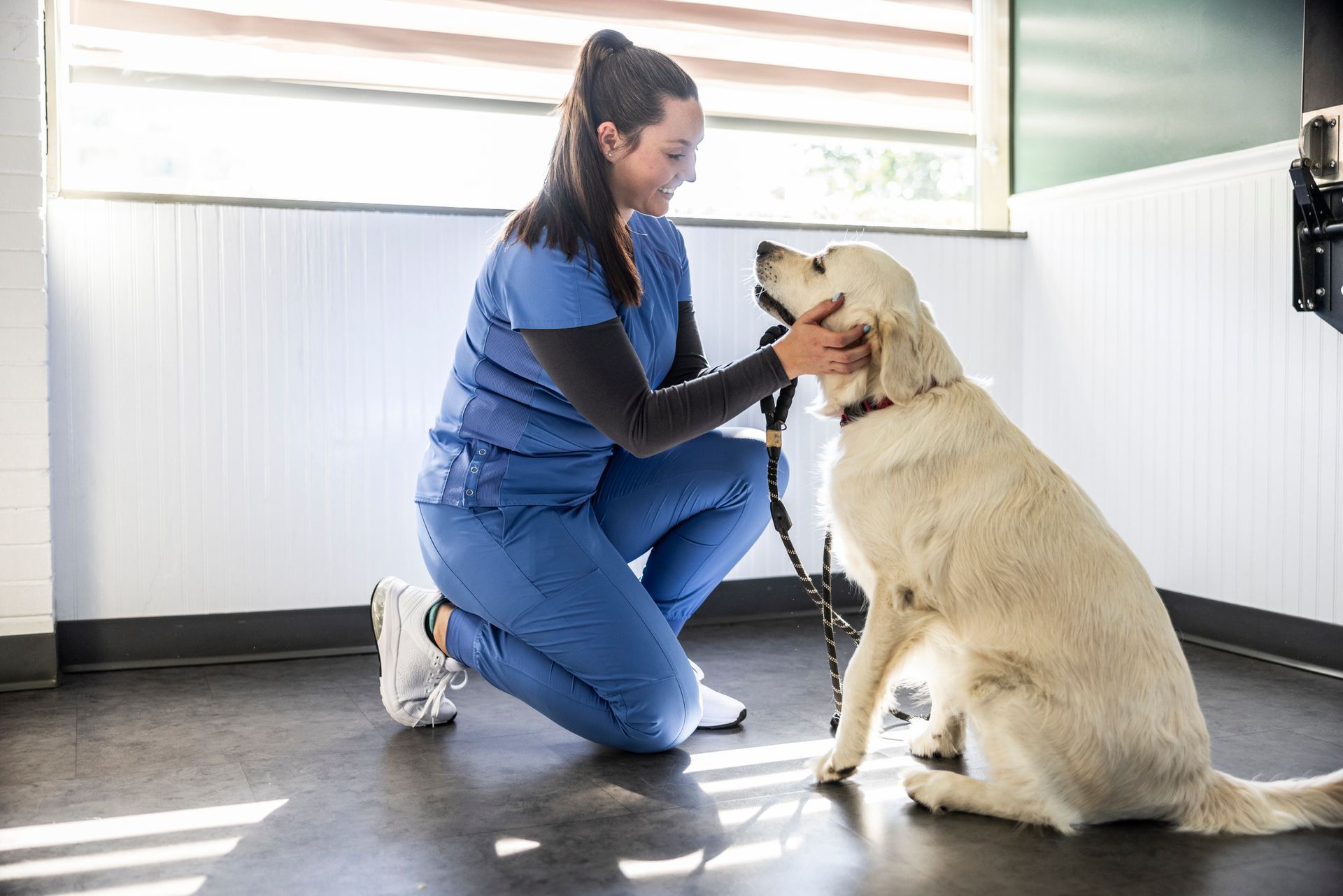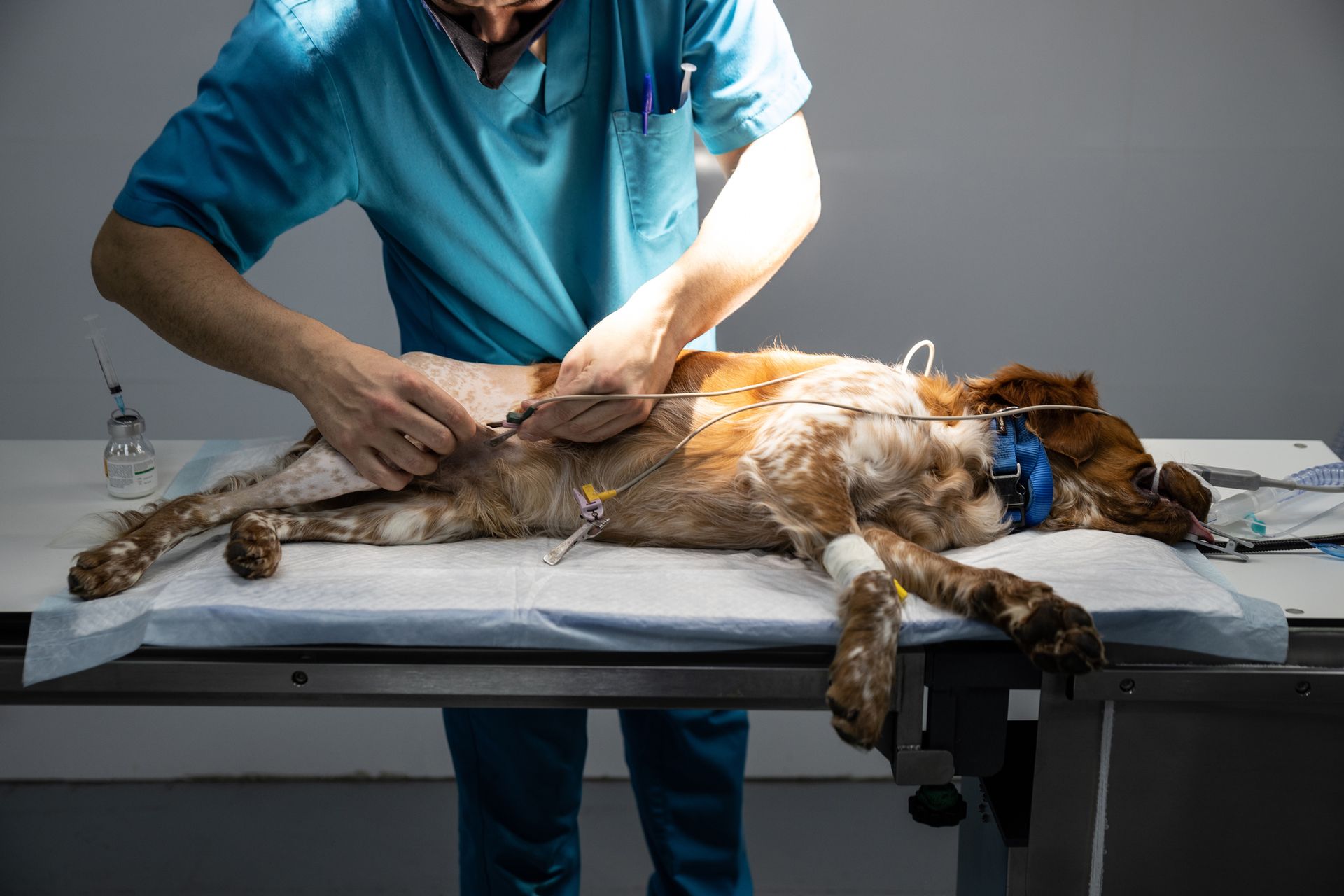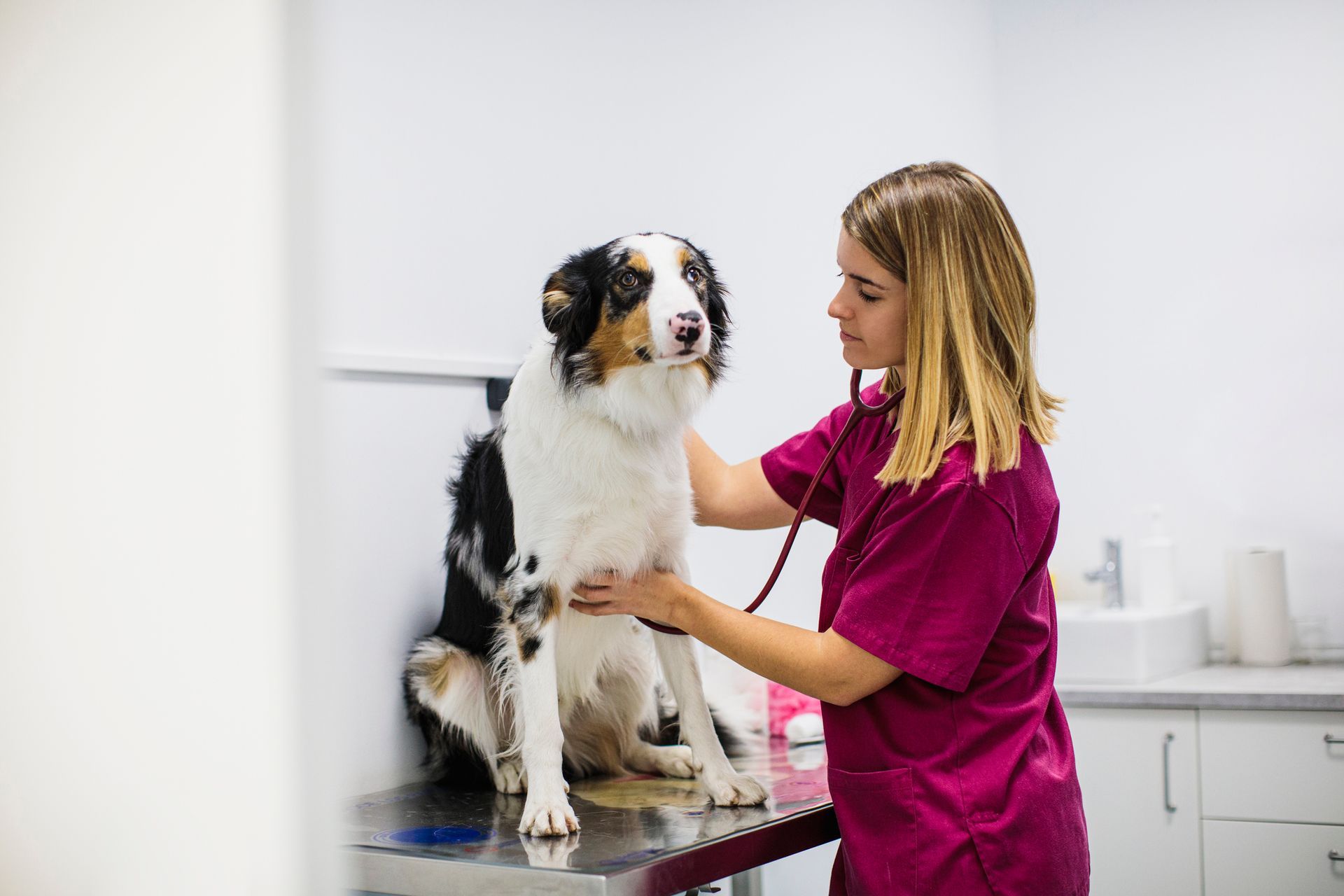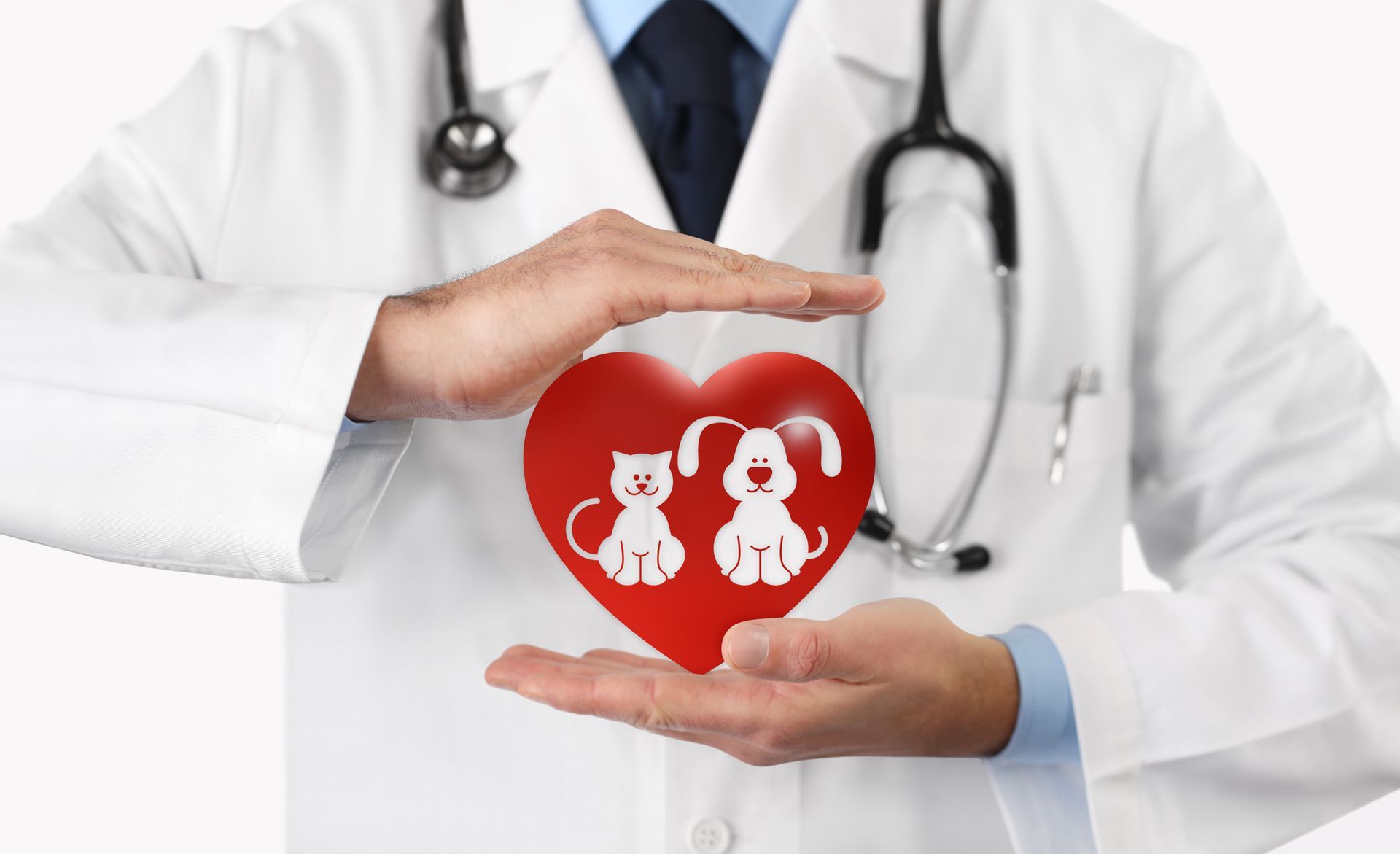The Signs Your Cat Needs Emergency Veterinary Care
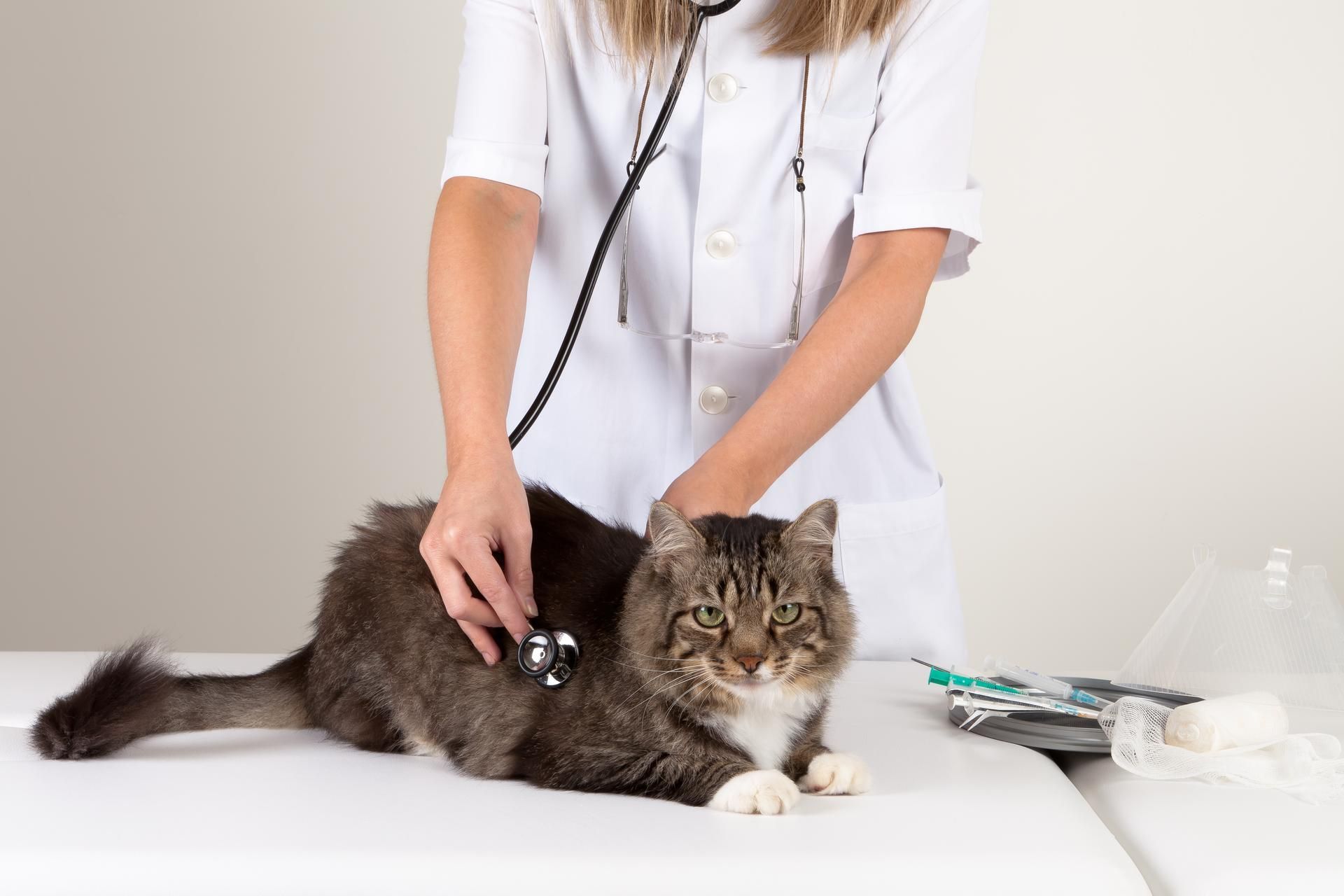
Cats are known for their independence and stoic nature, which makes it challenging to determine when something is wrong. However, there are specific signs that indicate your feline friend needs immediate veterinary attention. Recognizing these signs early can make a significant difference in the outcome of the situation.
Here are the critical signs your cat needs emergency veterinary care.
Difficulty Breathing
Breathing issues in cats are always a cause for concern. If your cat is panting excessively, gasping for air, or showing signs of labored breathing, it requires immediate medical attention. Difficulty breathing could indicate respiratory infections, asthma, or heart disease. Always err on the side of caution and seek veterinary care if you notice any abnormalities in your cat's breathing.
Uncontrollable Vomiting or Diarrhea
While occasional vomiting or diarrhea can be normal, frequent or uncontrollable episodes are not. These symptoms can lead to severe dehydration and can be indicative of more serious underlying conditions such as poisoning, gastrointestinal blockages, or infections. If your cat is unable to keep food or water down or if diarrhea persists, it is essential to consult your veterinarian immediately.
Sudden Changes in Behavior
Cats are creatures of habit, and sudden changes in behavior can be a red flag. Lethargy, hiding, aggression, or unusual vocalizations can be signs of pain or distress. Behavioral changes can indicate a wide range of issues, including injuries, infections, or neurological problems. Monitoring your cat and seeking prompt veterinary advice is crucial when you notice such changes.
Inability to Urinate or Defecate
Struggling to urinate or defecate can be a serious issue for cats. It can signal urinary tract infections, bladder stones, or blockages, which can be life-threatening if not treated promptly. If your cat is spending extended periods in the litter box, straining to urinate, or crying out in pain, it is time to visit the vet.
Visible Injuries or Bleeding
Visible injuries, such as open wounds, fractures, or uncontrolled bleeding, require immediate attention. Cats are agile creatures, but accidents can still happen, leading to significant injuries. Any visible trauma should be evaluated by a veterinarian to prevent infections and ensure proper healing.
Seizures or Collapse
Seizures or collapses are alarming signs that something is seriously wrong. Seizures can result from various conditions, including epilepsy, toxins, or metabolic disorders. If your cat has a seizure, remains unconscious, or collapses, urgent veterinary care is necessary to determine the cause and provide appropriate treatment.
Swollen Abdomen
A swollen or distended abdomen can indicate severe conditions such as internal bleeding, organ enlargement, or fluid accumulation. This can be particularly dangerous and is often accompanied by other signs such as vomiting, lethargy, or difficulty breathing. A swollen abdomen is a clear sign that your cat needs emergency veterinary care.
Ingesting Toxic Substances
Cats are curious by nature, and sometimes, that curiosity leads them to ingest harmful substances. Common household items like plants, human medications, and certain foods can be toxic to cats. If you suspect your cat has ingested something poisonous, seek immediate veterinary assistance. Bringing the substance or its packaging to the vet can also help in providing the right treatment.
Persistent Coughing or Sneezing
While occasional coughing or sneezing is typically not a cause for concern, persistent episodes can indicate respiratory infections, allergies, or heart disease. If your cat is continuously coughing, sneezing, or showing signs of respiratory distress, a veterinary examination is warranted.
Unexplained Weight Loss or Gain
Sudden and unexplained weight changes can be indicative of underlying health issues. Rapid weight loss can point to conditions like diabetes, hyperthyroidism, or cancer, while sudden weight gain might suggest fluid retention or other metabolic problems. Monitoring your cat's weight and seeking veterinary advice when changes occur can help catch these issues early.
Recognizing the signs that your cat needs emergency veterinary care is vital for any pet owner. Cats have a unique way of masking their pain, making it essential to stay vigilant and proactive. If you notice any of the above symptoms, do not hesitate to consult with a veterinarian. Prompt action can make a significant difference in your cat's health and well-being.
For more information on cat care and to schedule a consultation, contact us today. Your feline friend's health and happiness are our top priorities.


